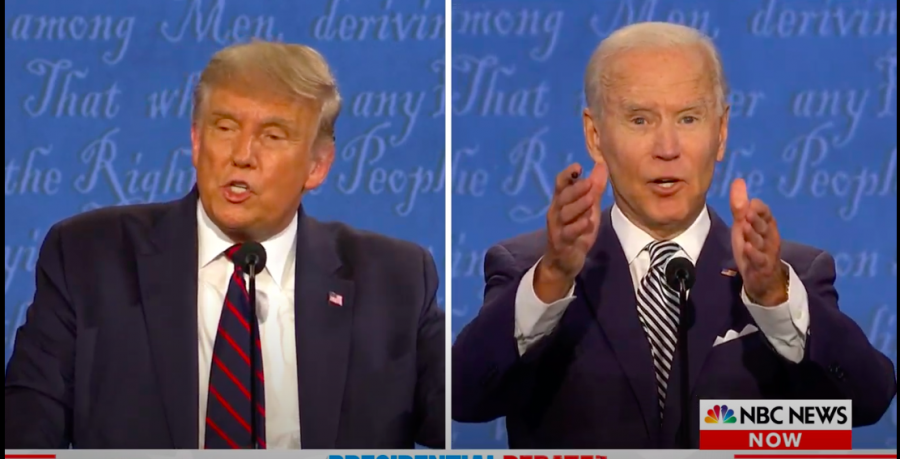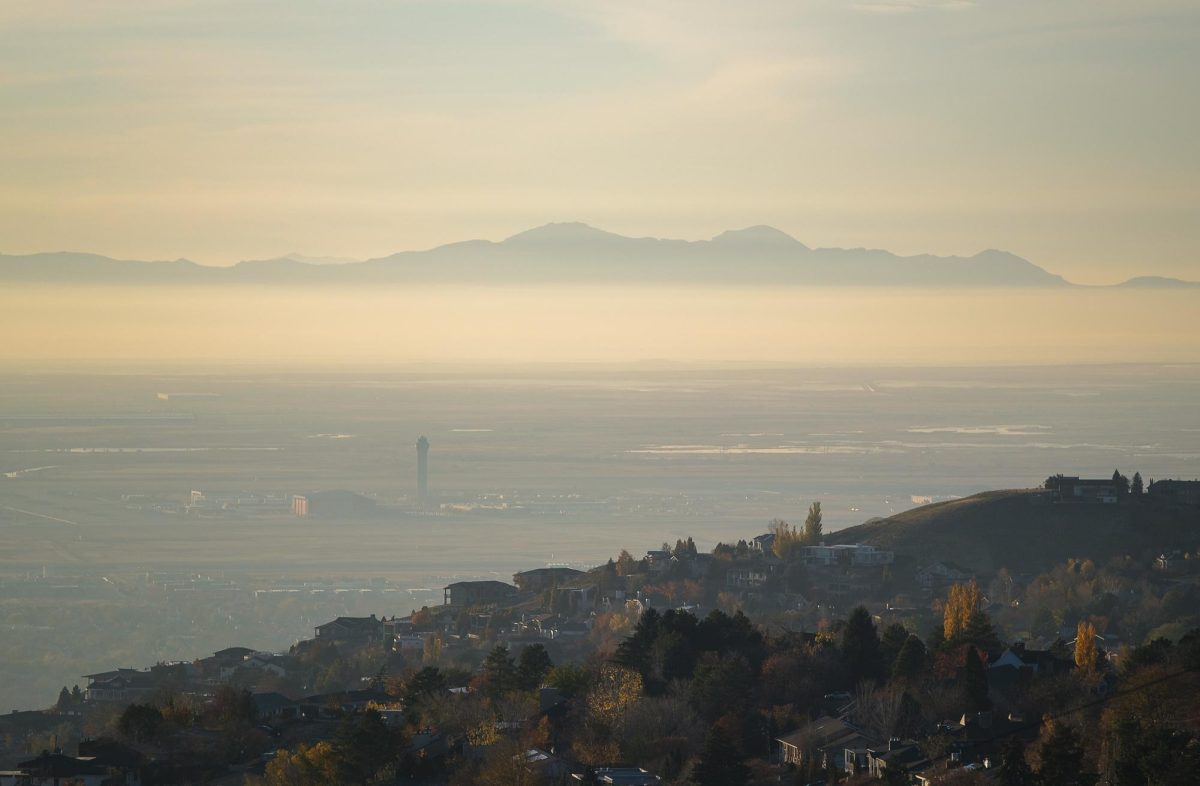Passed in January, S.B. 57, Utah’s “sovereignty bill,” grants the state authority to override federal law, policy or rule. In a state with ongoing environmental concerns including natural resources and air and water pollution, the possible effects of S.B. 57 have some people worried.
Bill sponsor Sen. Scott Sandall (R-Tremonton) said this bill is not a policy, but a “process” through which legislators and constituents can challenge federal laws that would seemingly “hurt the state.”
This new bill will “streamline” the process of overturning federal law in Utah if the resolution were approved by the majority of the House and Senate and signed by the governor.
However, if the courts were to overturn the resolution, the state would comply with federal law.
During the session, Sandall referred to the Environmental Protection Agency’s “Good Neighbor” Plan, intended to reduce air pollution and provide better public health conditions throughout the country.
According to Sandall, the state spent millions of dollars figuring out how to meet the regulations of the plan, which was first announced in 2015 with states required to comply by May 2026. Sandall said the EPA had overstepped their bounds and required action outside of their jurisdiction.
Utah filed a lawsuit against the Biden administration in June 2023 after its proposed plan was rejected.
Rep. Ken Ivory (R-West Jordan) told Deseret News, “What Senate Bill 57 does is it simply provides a mechanism that we can continue to maintain that balance in this governing partnership.”
“We all know that the governing machine has been wanting for maintenance for a while and this provides that ability for us to do that,” he added.
When contacted by the Chronicle for an interview, Ivory did not reply in time for publication.
Kael Weston, former Democratic candidate for the U.S. House of Representatives in Utah’s 2nd congressional district, opposed this bill, calling it “Pandora’s Box.”
In an interview with the Chronicle, Weston said the bill “invites questionable outcomes at a time when our country’s not coming together.”
Weston added the bill is a slippery slope and has the potential to further divide the country.
“This is the kind of bill that if other states were to look at and say, ‘Hey, we want to do that too …’ it just makes the fracturing easier,” he said.
When asked how this bill could affect the environment, Weston said collaboration with the federal government about environmentalism is essential, especially within Utah because of the importance of the Great Salt Lake.
“It literally has hemispheric importance,” he said, referring to not only the water supply and minerals, but bird migratory patterns from Canada to Central America.
“That’s a legitimate and public health area for our federal government,” he said.
Under S.B. 57, Utah legislators could choose to override EPA regulations, such as the “Good Neighbor Plan,” which could increase industrial air pollution in Utah and neighboring states.
“Can you trust states to — for example, on coal or clean air — to do the right thing?” Weston asked.
On the other hand, various citizens and public figures expressed support for the bill in session, including Rana Williams, executive director of the Utah Eagle Forum. She said the bill will help keep the balance between state and federal governments.
“It is absolutely wonderful,” Williams said.
Organizations such as the American Civil Liberties Union of Utah encouraged Gov. Spencer Cox to veto S.B. 57. In a letter to Cox, they said the bill violates the Supremacy Clause of the U.S. Constitution.
“One reason that the Supremacy Clause is so vital is that it guarantees that everyone will enjoy all of the protections of civil rights and individual liberties provided by the U.S. Constitution and federal law, no matter which state they reside in,” the letter reads.
Weston said he not only worries about state environmental action in the present, but for the future. He added the legislators implementing this bill could retire in two to five years and set this infrastructure for legislators to come. This creates more questions of what the legislative structure could look like.
Utah has experienced instances of conflict with the federal government and environmentalism, some of which may have prompted S.B. 57 to be implemented.
Weston tied this bill to the “Sagebrush Rebellion,” a time of extreme tension between cattle ranchers in the West and the federal land managers when the Bureau of Land Management determined cattle to be overgrazing and negatively impacting the land.
With more federal control over grazing lands, the livestock industry took a dive, causing ranchers to revolt against federal control of land.
In a time of national division, Weston said, “I believe this bill is not offering an olive branch, it’s putting up the middle finger [to the federal government].”















Michael A Hobart • Apr 8, 2024 at 10:05 pm
The SCOTUS has long disagreed with states trying to supersede federal supremacy, and has done so even in the most recent term. I predict his will end up before hem ad alamos certainly be thrown out also, despite the the disguise of only being a ‘process’. I also wonder if Utah’s hate of the EPA will remain is the Great Salt Lake dries up and we have got deals with clubs of toxic dust from the remains!